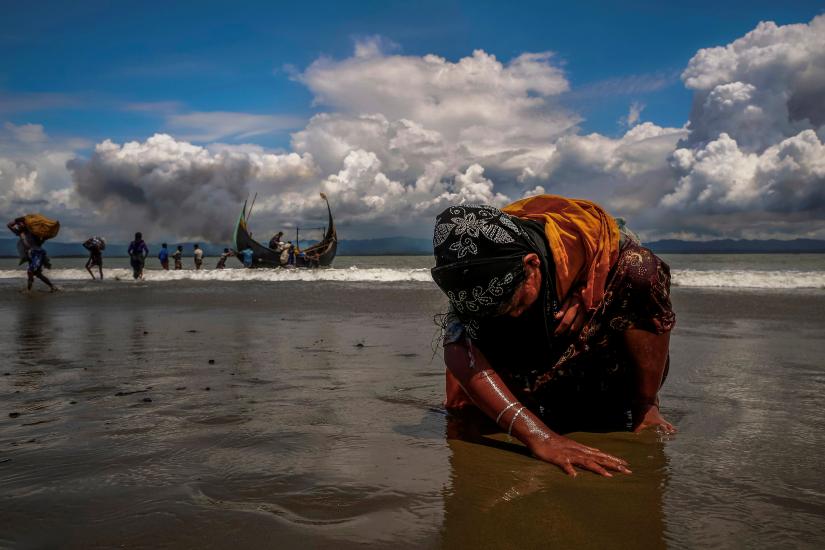
The atrocities against the Rohingyas could have been prevented has the international community played an active role, said the United Nation Secretary General’s special adviser on prevention of genocide Adama Dieng.
“We had warned the international community multiple times before the atrocities against the Rohingyas began,” he said on Sunday (Mar 24) during a seminar on genocide in Bangladesh during 1971.
He added that the whole crises could have been avoided had they paid heed.
He said that the Rohingya issue will be officially termed as genocide after its presented in the international court.
“My presence here doesn’t mean that the UN is giving recognition to what happened here in 1971,” she said.
“I have no mandate over it and I work on the issues that might take place in the future.”
Saying that she was sympathetic towards the survivors of 1971 atrocities, he added that for validation as genocide the issue needs to be brought before a court of justice.
“No country is immune to genocide,” he said. Referring to the war in Bosnia-Herzegovina in the 1990s, Dieng said nobody would believe that there would be genocide in the heart of Europe but it did happen in Srebrenica.
Referring to the war in Bosnia-Herzegovina in the 1990s, Dieng said nobody would believe that there would be genocide in the heart of Europe but it did happen in Srebrenica.
“The world has recently witnessed the rise of extremism and xenophobia in some parts of the globe. This issue needs to be addressed.”
“It is possible to identify the early signs by observing the processes involved in carrying out genocide,” he said.
Barrister M Amir-ul Islam, who was also present during the program, said that following the War of Independence in 1971, there was a consensus that 195 Pakistani army officials had committed war crimes.
“However, they were not tried. There was pressure from the international community, including the United Nations, to repatriate them,” he said.
Member of Advisory Board of Liberation War Museum, Mofidul Haque, said there had been much denial after the war, that genocide took place in 1971.
He spoke about an agreement that said 195 Pakistani officers could have been tried, but that did not happen due to the international community’s change of mind.


